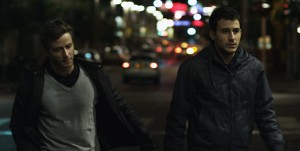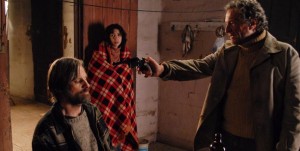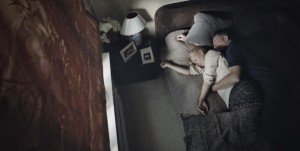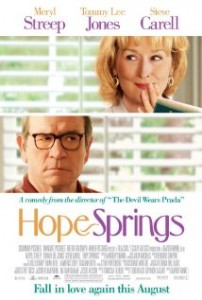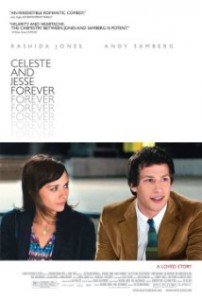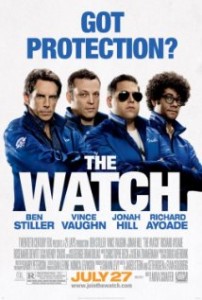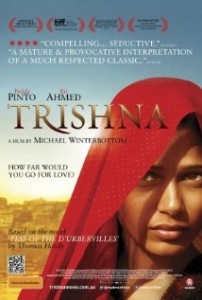My third day at TIFF 2012 involved the watching of three films, all of them rewarding in their own way.

The Impossible, starring Ewan McGregor, Naomi Watts and the impressive young actor Tom Holland, is the sort of movie that gives melodrama a good name. The film is a harrowing account of a family’s experiences during the South Asian tsunami that occurred several years ago. It is based on the true story of these individuals vacationing at a resort in Thailand when the tsunami hit. While the film is majestic in its scope, by choosing to stick close to this one family during the aftermath of the tsunami, it invites the audience to be more internally involved with the things enfolding on the screen. For sure the film ought to win awards considerations for Sound Design. Perhaps it was the magnificent Princess of Wales theatre in which I saw the movie, but I experienced some of the best sound in film; each shake, each vibration, each rumble in the movie was perfectly captured and rendered without distortion, further personalizing – and intensifying – the experience.
What I meant by melodrama earlier is that this movie is not scared of going big with its emotions. In fact it relies on them. And while this approach fails in most movies (we are told subtlety should be the mantra for every filmmaker) this film achieves such an unquestionable sense of authenticity with the main characters that it earns the right to draw on grand-scale emotionality. While a film such as Extremely Loud and Incredibly Close came off seeming insincere using 9/11 as its premise, The Impossible, because of its honesty, stays clear of such concerns. In the screening I attended, this wrenching and raw film brought most audience members to tears and many left the cinema feeling sore. I know this film is being written off in some circles as being manipulative and overwrought, but then so was Gone With The Wind, and so was Schindler’s List. This is the best film I have seen at TIFF so far.

Thanks for Sharing, tells a story of recovering sex-addicts living in Manhattan. This is a premise that we have not seen explored much on the screen, and there is a lightness of touch to how it is handled here, avoiding moralizing or judgment. To be sure this is not Shame, but the movie feels honest even when some of the stories do not work as well as others. With an enviable cast consisting of Mark Ruffalo, Gwyneth Paltrow, Tim Robbins, Natasha Richardson, Josh Gad, Alicia Moore and Patrick Fugit, the film circles around three prior addicts (Ruffalo, Robbins and Gad) and the people in their lives. Stuart Blumberg, making his directorial debut with this film is an accomplished writer, having penned The Kids Are Alright, a movie that could be used to teach scriptwriting in Film School. And expectedly, the writing in this film dazzles with funny stingers that always make a good landing, particularly coming from Tim Robbins’ character. There are parts of the film that get dangerously close to contrivance, and not all of the pieces fit together perfectly. However I believe the film’s greatest strength is in its ensemble cast. These are all steadfast actors, who know how to get the job done. Mark Ruffalo always brings a low-key authenticity to his roles. Gwyneth Paltrow is warm, believable, conflicted and real. Alicia Moore (Pink) makes an auspicious film debut with an impressive monologue early in the movie. And Patrick Fugit and Tim Robbins, playing son and father, take a slightly overused story arc and relieve it entirely from cliché. This could have been a great film, but for what it is, good is good enough.
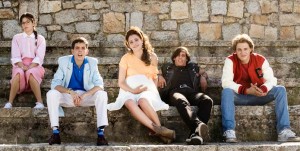
If your list of comfort-food movies invariably includes films from the eighties, you will be sure to love Ghost Graduation (Promocion Fantasma). This is a light-hearted piffle of a film that only exists to get as many laughs as possible as it (re)visits the John Hughes universe. The director of this Spanish-language film, Javier Ruiz Caldera, mentioned in the Q & A after the film that the plot emerged from the premise of what might have happened if the characters from The Breakfast Club never got out of detention but died and were stuck as ghosts in their high school for the next twenty years. A school teacher who can see the dead has to help the ghosts resolve any unfinished business so they can move on and stop haunting the school. The reason why Joss Whedon was the apt choice to make The Avengers is because he is a geek about the universe of these comic books and he gets these characters. A filmmaker who taps into his own outsized love for a particular story or genre, will always do a better job than someone who does not have that love, no matter how technically accomplished the latter may be. Well, here is a filmmaker who gets those seminal films from the eighties and he nails the sensibility of those films in his own directorial debut. At the TIFF screening, he got a long round of applause from the audience at the end of the film. Sometimes all you need to do is make a film about something you love, and the rest takes care of itself. Incidentally, I wonder if John Hughes will be someone whose cache will continue to grow in the coming decades. He is not typically invoked during mention of the greats from the last few decades or even within the names of more regarded contemporary filmmakers. We will find out, but I suspect time will be kind to the legacy of John Hughes films.


